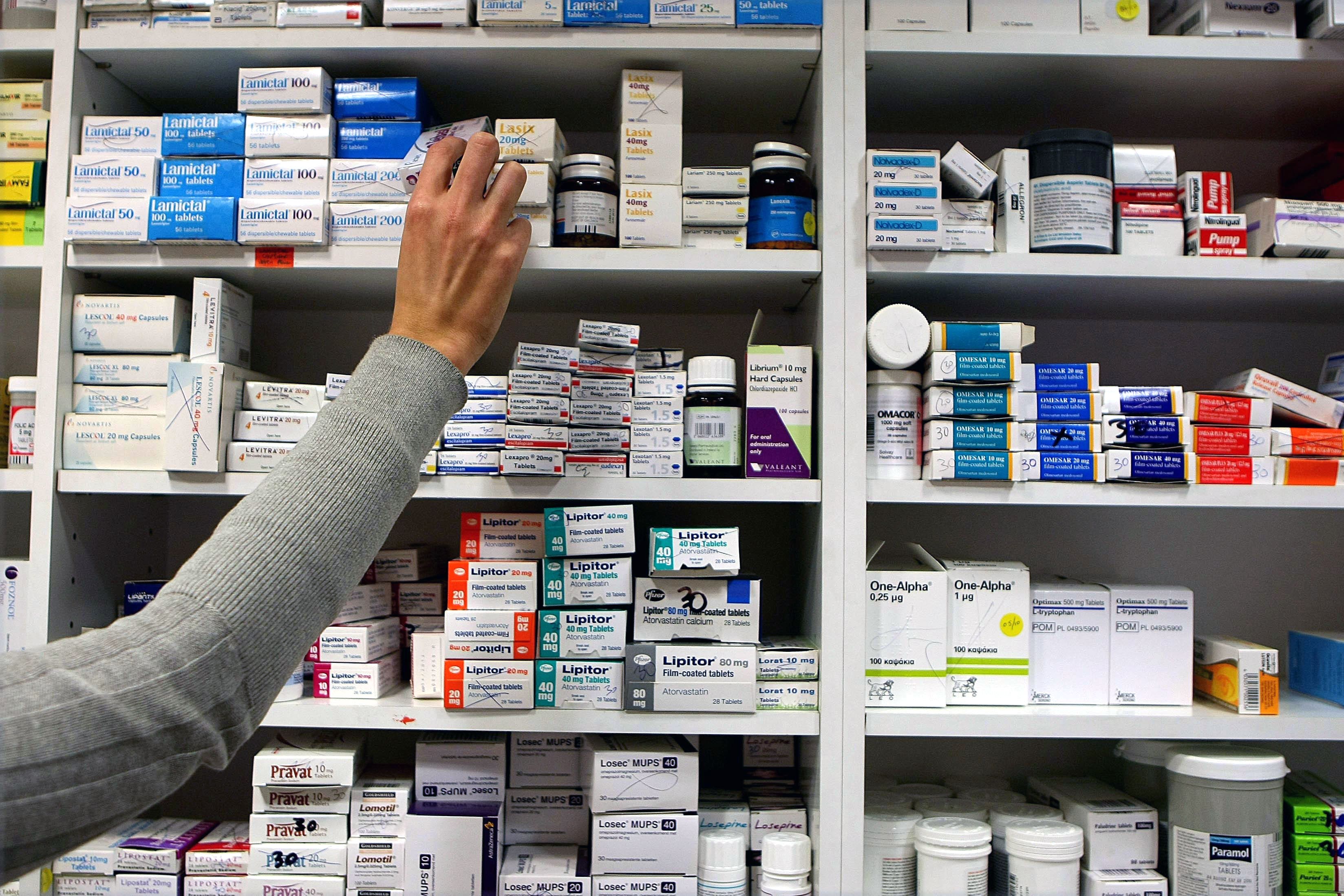More than half a million patients are facing shortages of vital medicines as the UK faces a drug supply crisis. independent It has been said.
The NHS has issued a warning about shortages of nine key medicines for conditions including schizophrenia and bipolar disorder. Patients are left to search for pharmacies to stock up, ration doses, and potentially use less effective drugs.
Education experts warn that this year’s shortage of ADHD (attention deficit hyperactivity disorder) medication is already having an impact, as students are missing school as they try to manage their conditions.
According to Mark Dean at the Nilfield Trust, drug deterioration has been affected by poor supply chains that have occurred since the outbreak.
Nine government “serious reduction protocols” have been put in place for the antipsychotic drug quetiapine – sold as Seroquel – which is used by around 250,000 people in the UK. The Department of Health and Social Care (DHSC) has warned pharmacists and doctors of a shortage of quetiapine until at least September.
ADHD patients are also facing shortages, with NHS doctors in the South West being told to no longer prescribe methylphenidate. Sold as Ritalin or Concerta, the drug is taken by 275,000 NHS patients.

Ian Hamilton, an honorary fellow in mental health and addiction at the University of York, warned of the consequences for patients who suddenly stop their treatment.
“Ritalin can be addictive, meaning that when someone suddenly stops taking the drug, they will experience significant withdrawal symptoms such as fatigue, depression and anxiety,” he said. “Denying someone quetiapine, an antipsychotic, is also very serious. For many people, the risk will be to themselves if they don’t have access to quetiapine.
Steven Kitchen, chief executive for Bipolar UK, stressed that patients with bipolar disorder need their medication to stay well or their symptoms could worsen.
He said: “They can do a lot of harm to themselves and the people around them before they get to the point where they’re in a scary scenario of falling apart because they’re so sick. Suicide risk for bipolar It’s really high. People rely on these drugs to survive.”
Mr Kitchen said it can be difficult to get off an antipsychotic when it works for one person and it can take months to switch to another drug. Often, patients cannot see a psychiatrist or even a GP for help.
“People are left to their own devices,” he said. “It’s a recipe for disaster.”

According to the DHSC, although shortages of other ADHD medications have decreased, the issue with methylphenidate continues.
In the Southwest, doctors are told that new patients cannot start on 12-hour dose prescriptions and are instead being prescribed short-acting prescriptions. The NHS has seen a sharp rise in ADHD drug prescriptions for adults, from 119,000 patients in 2022-2022 to 152,000 last year. The number of patients under the age of 17 increased from 121,000 to 123,000.
In September of last year, a national patient safety alert was issued regarding shortages in the supply of ADHD medications. Supply issues were expected to be resolved by December 2023 but problems persist, blamed on production issues and rising global demand.
Concerns have been raised about the effects on children who use drugs like Ritalin to deal with their ADHD, especially with the new school year fast approaching.
National Education Union deputy general secretary Niamh Sweeney said: “This issue has already led to many young people missing school because of their anxiety without medication, or from expulsions and suspensions because of difficulty regulating their behavior without medication. It should be treated as soon as possible.”

Dr Rory Conn, a child liaison psychiatrist in Devon, added: “Just this week, I’ve had several patients who have had things go down very quickly. They need to take frequent high doses, which they are less effective for The experience is of interactive control rather than continuous control.
“If we had this issue with medication for a serious physical health condition, there would be national outrage.”
The pediatrician said what started as a temporary shortage showed no sign of resolving, warning that matters had “worsened significantly in recent months”.
For patients already taking the 12-hour medication, doctors are told to consider treatment breaks, alternative formulations or switching to another form of treatment, lisdexamfetamine, which may not work for some patients.
Labor MP Rachel Maskell, a former NHS care worker and physiotherapist who sits on the Commons health committee, said: “There are obviously very serious consequences for people who are dependent on medicine if there is a shortage. So this is a very urgent issue that the government should come up with.”
A DHSC spokesman said recent supply issues with most ADHD drugs had now been resolved but the department was aware of ongoing international supply problems affecting methylphenidate extended-release tablets.
It said it was working with the manufacturers of both types of drugs to resolve the issues, adding that shortage protocols on quetiapine had been issued to provide pharmacists with different powers and prevent patients from searching for stock.
#Drug #supply #crisis #sufferers #ADHD #psychosis #face #shortages